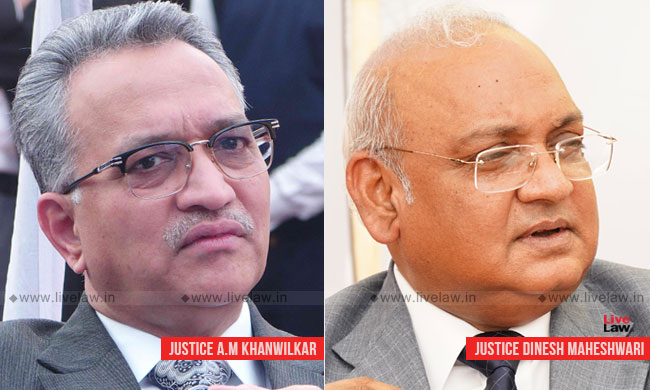The Supreme Court has reiterated that a document is presumed to be genuine if the same is registered and the onus to prove otherwise is on the person who challenged the stated registered document.In the suit filed in the year 2001, the plaintiff's case was that the defendants sought her signatures on blank papers in the year 1990 under the guise of preparation and processing of documents for...

